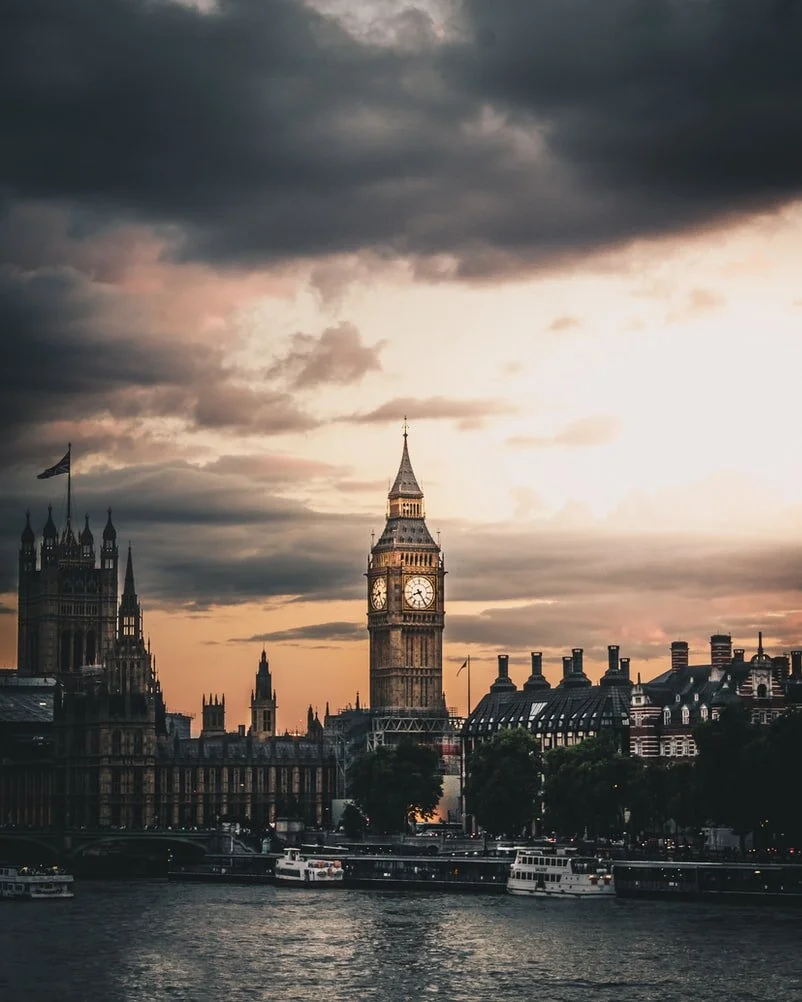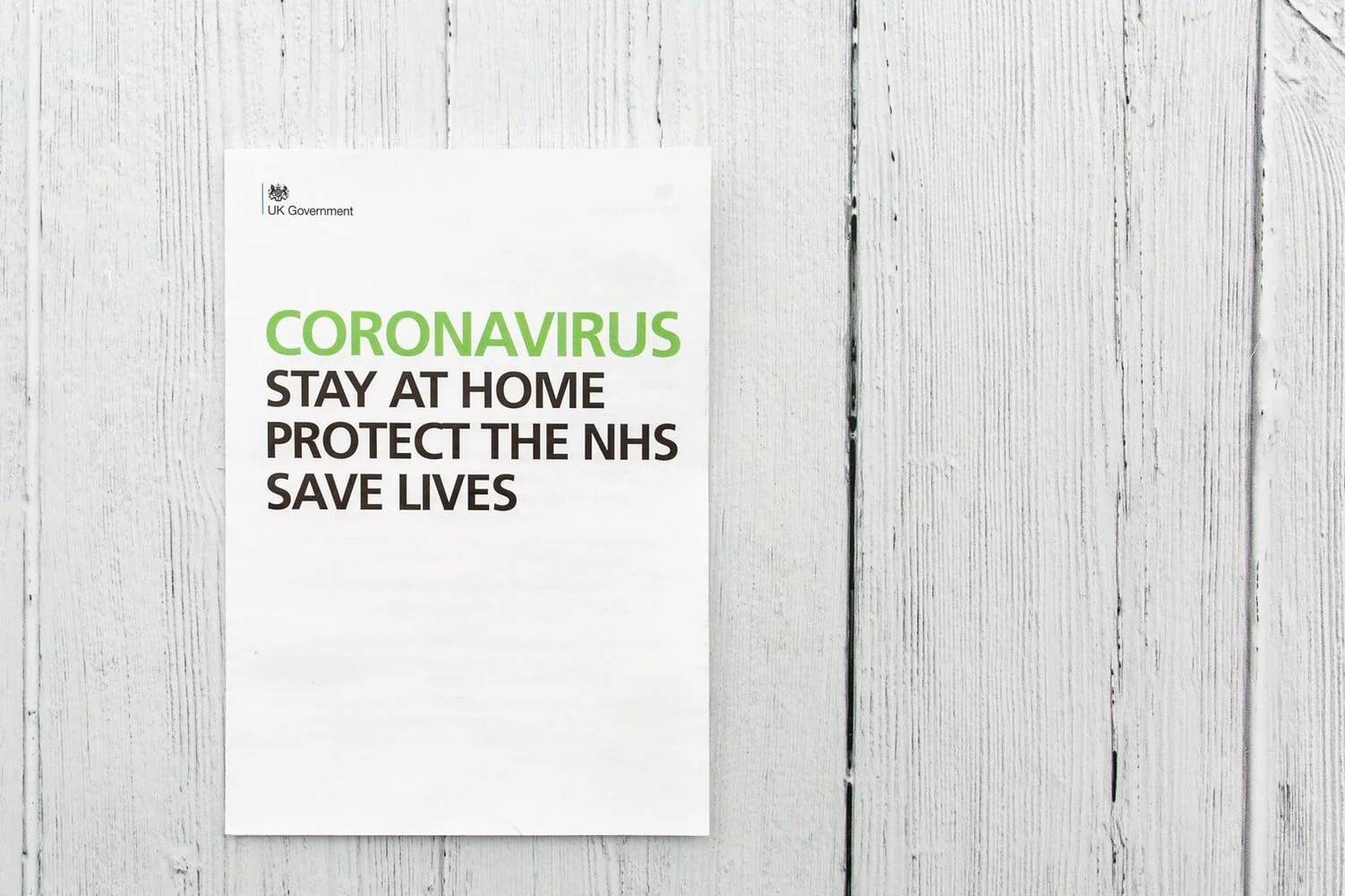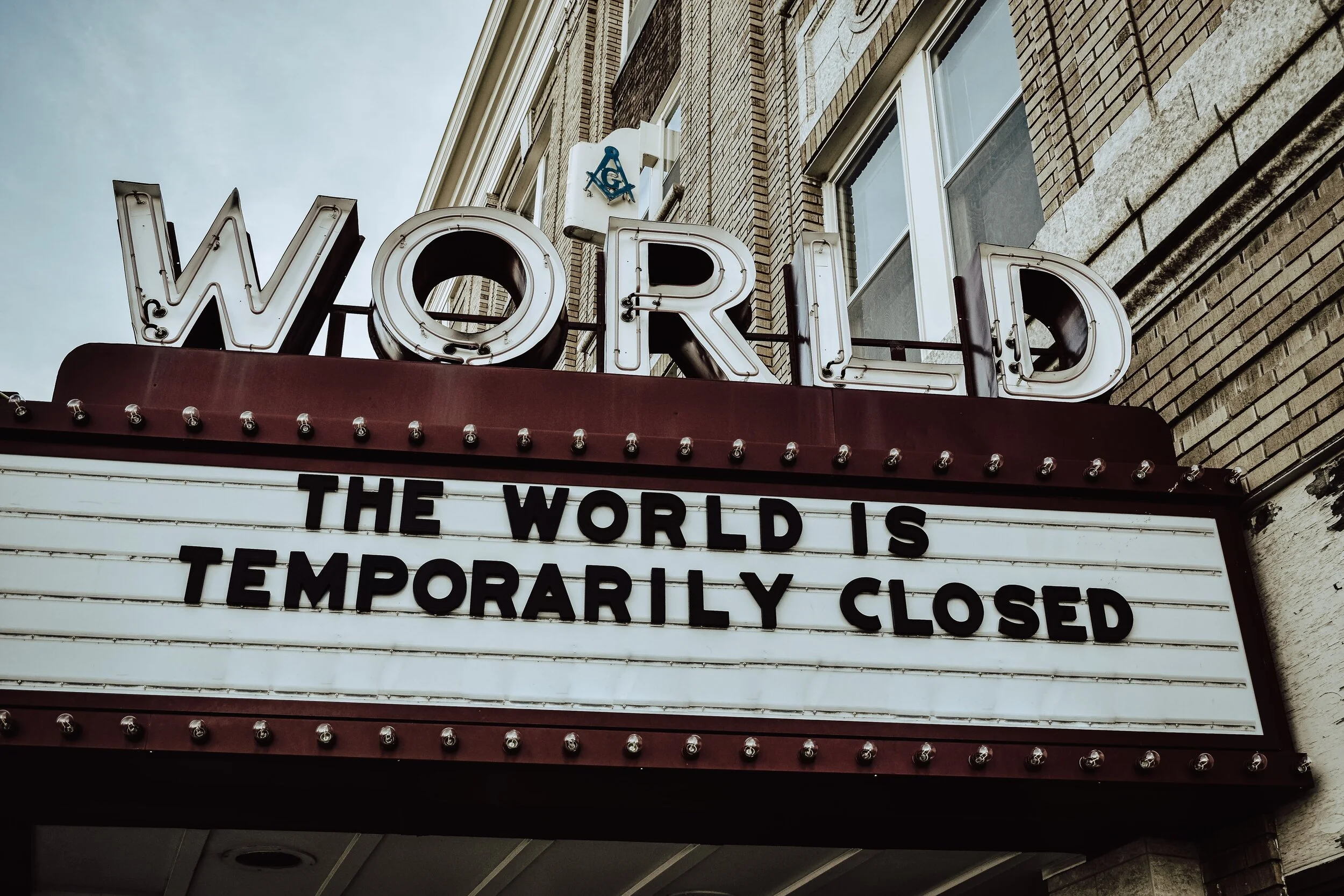Here's What's Wrong With The Government's New Campaign For "Tackling Obesity"
TRIGGER WARNING: FATPHOBIA & EATING DISORDERS
The Unedit cares about your wellbeing. Please read at your own discretion.
We’ve sat and watched the government repeatedly show their arse during their supposed “handling” of the COVID-19 pandemic. From their unclear rules and restrictions, to their lack of care for Black and BAME communities (who are disproportionately affected by Coronavirus), every day seemingly brings a fresh batch of “what the fuck” with a side of “fuck the Tories”. And what do they do when they’re not sure how to (note: don’t want to) take accountability? They point the finger at fat people.
The latest initiative, Better Health, is outlined in Tackling obesity: empowering adults and children to live healthier lives, and justifies its fight against fatness by blaming overweight and obese people for the extremely high numbers of COVID cases across the UK. Of course, with that, the responsibility of COVID falls on fat people, rather than the bumbling idiot who said words to the effect of, “go outside… don’t go outside… see people… don’t see people… don’t leave the house… exercise every day…” The campaign focuses heavily on statistics around hospitalised patients suffering from COVID who are overweight or obese, and in turn how many ICU admissions and deaths come from the same group. By shifting blame on to people in higher BMI categories, the government get to put the blame on individuals, rather than blaming their own ineptitude. It also gives the media something to chew on to distract them from the rest of their failures during this pandemic – a great ploy in my opinion, the media love talking about how fat is evil.
The government’s strategy reads as another typical attempt to scare people into not being fat, using a pandemic that is killing hundreds of thousands of people around the world to do so. The thing is, if health was truly the problem, and the government’s real priority, I believe this campaign would look vastly different from how it currently does. There are a million and one holes I could pick in the initiative, from the glaringly obvious ones (y’know, overwhelming fatphobia) to the smaller, more subtle issues, so I’m only going to focus on a few of them, and talk about what makes this whole scheme problematic as hell.
They claim it’s as simple as *just* losing weight.
Did you know that losing weight is really easy? Yeah, you basically just stop eating as much and do some sit-ups and voila, the weight will drop off! Let’s join together in a united eye-roll! The concept of losing weight is painted as so easily achievable, when in fact, it’s something that’s very nuanced and brings different experiences for each individual. Trivialising weight loss in this way implies that fatness is something that can be completely avoided, if you just ate right and moved your body. News flash: that’s not quite how it works. The government also aren’t too slow to mention that if every fat person lost 2.5kg, it would save the NHS £105million over the next five years. It’s ironic, because they’re trying to make it sound like fat people are the drain on the NHS’ resources, meanwhile the government are slowly but surely trying to strip away the NHS and sell off its resources bit by bit. Also, if I lost 2.5kg, unfortunately for them, I’d still be fat – as would most people this campaign is targeting. Somehow, I don’t see putting the entire country on a diet working.
It reinforces the idea that thin equals healthy.
I can’t speak for every fat person, but I’ve had it up to my eyeballs with having to tell people that being fat doesn’t automatically make you unhealthy. You don’t pass a certain weight and receive a letter via owl mail telling you you’ve been accepted into a secret fat society, where you work towards gaining badges in diabetes, heart disease and couch-potato-ing. (I know it seems wild that this isn’t the case, but I promise it isn’t.) The idea that living in a larger body means living in an unhealthier body is wrong on so many levels. We don’t see thin bodies being chastised in the same way that fat ones are, and pushing this narrative only increases stigma around weight and fatness. This idea that fatness is a problem to be fixed – or one that can be fixed – ignores a variety of factors, including genetics, socioeconomic background, living environment, underlying illnesses, the science of set-point (if you don’t know what that is, I’d suggest looking it up!), and so much more. Not to mention, stigma itself.
The legislation to make restaurants and takeaways put calories on their menus is dangerous.
It doesn’t take the sharpest tool in the shed to recognise that attaching numbers – more specifically, calories – to everything is a nightmare waiting to happen. With eating disorders on the rise year after year, and charities like Beat seeing a 72% spike in people needing their support since the pandemic began, it seems irresponsible that the powers that be are introducing calorie labelling, with absolutely no regard for those who it will impact. The paper claims that this allows people to make “informed” decisions when it comes to choosing what food to eat when in restaurants, which loosely translates to shaming people into eating lower-calorie meals. Not only does this encourage people to have disordered relationships around food, but it creates a triggering environment for those with, or in recovery from, eating disorders, in a place that can already be quite hostile or anxiety-provoking. This added pressure to choose foods with lower calorie content can easily migrate beyond the restaurant setting and into the home (or everyday) setting, which – to my way of thinking – far from empowers people, as the strategy suggests.
NHS and GP-referred weight loss services will not help.
Another bright idea in the campaign involves GPs offering support and referrals – based off of their stop smoking services – to encourage weight loss. For a start, prescribing weight loss helps nobody. Secondly, the large majority of fat people already feel unsafe in medical environments due to the constant focus on their weight (because obviously, that’s the reason why you’re ill). Allowing GPs to further push for patients to lose weight deepens the stigma, whilst alienating fat patients and making them feel like they can no longer turn to their health provider. The paper states that they are looking to “increase the frequency of [behavioural] interventions for obesity in primary care” – as well as offering “incentives for doctors to […] ensure everyone living with obesity are offered support for weight loss.” They’re even being urged to prescribe cycling to patients. Green-lighting these kinds of attitudes towards fat and weight is thereby green-lighting fat shaming and medicalised fatphobia as a means of “encouragement”. By allowing this to happen, plus-size patients will be less inclined to see a medical professional should they become ill or require treatment, and put them in further danger as a result of the effects of this campaign. Making what should be a safe and trusted space a toxic and potentially triggering one is just another way that fatphobia is normalised within our society.
When it comes to obesity campaigns, they seldom work, or create any sort of effective change. Instead of asking why that’s the case, or reassessing – or even re-educating – the fight against fat is now intensified, harsher, and will yield even less results. If fat shaming worked, the government would’ve cracked the “obesity epidemic” (I hate that phrase) by now. If everyone’s body was destined to be thin (which isn’t the case), we probably would be. Villainising fat and fat people is so harmful, and causes levels of irreparable trauma to those impacted by it. But once again, they are clueless, setting framework much to the dismay of hundreds of UK dieticians – and once again, their priorities are in completely the wrong place. In the famous words of Kourtney Kardashian: Boris, there’s people that are dying.








